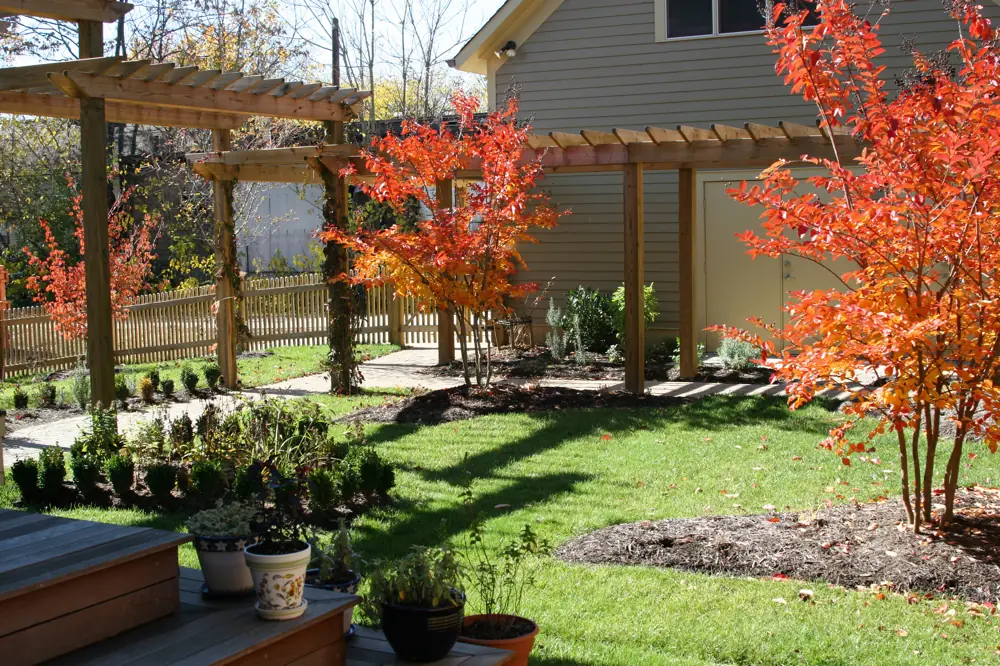As someone who loves spending time outdoors, I can’t stress enough the importance of sensory gardens. They offer many benefits for your physical and mental health and can be enjoyed by people of all ages and abilities.
First and foremost, sensory gardens provide an opportunity to connect with nature on a deeper level. With vibrant colors, fragrant herbs and flowers, and the soothing sound of trickling water, they engage all five senses and create a truly immersive experience. This can be especially beneficial for individuals with sensory processing disorders or cognitive impairments, who may struggle to process sensory information in their daily lives.
Sensory gardens also promote relaxation and stress relief. Research has shown that spending time in nature can lower cortisol levels and improve overall well-being. Many hospitals and healthcare facilities incorporate sensory gardens into their design to help patients heal and recover faster.
In addition to their therapeutic benefits, sensory gardens can also be educational. They provide an opportunity to learn about different plants, their medicinal properties, and the importance of pollinators and other wildlife. This can be a great way to engage children and foster a love for the natural world.
Overall, sensory gardens are a valuable addition to any community. Whether you want to unwind after a long day, connect with nature, or learn something new, they offer something for everyone. So why not start planning your sensory garden today?





